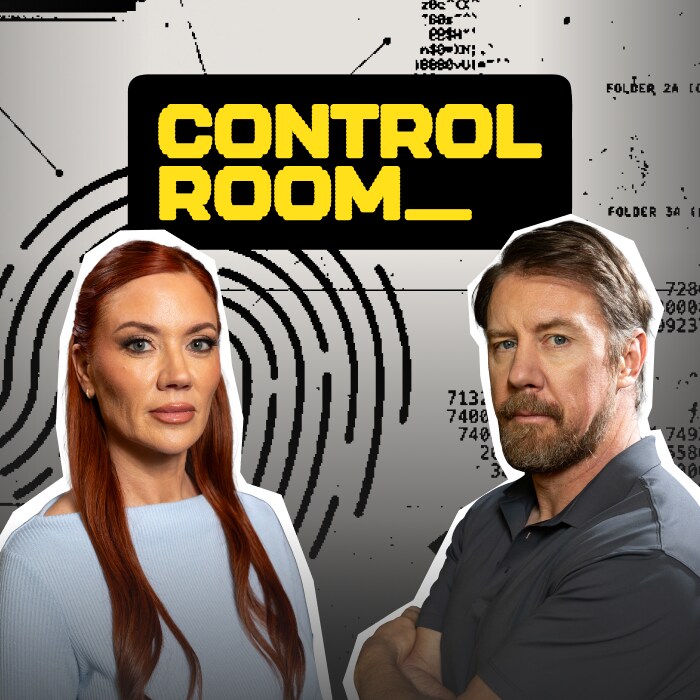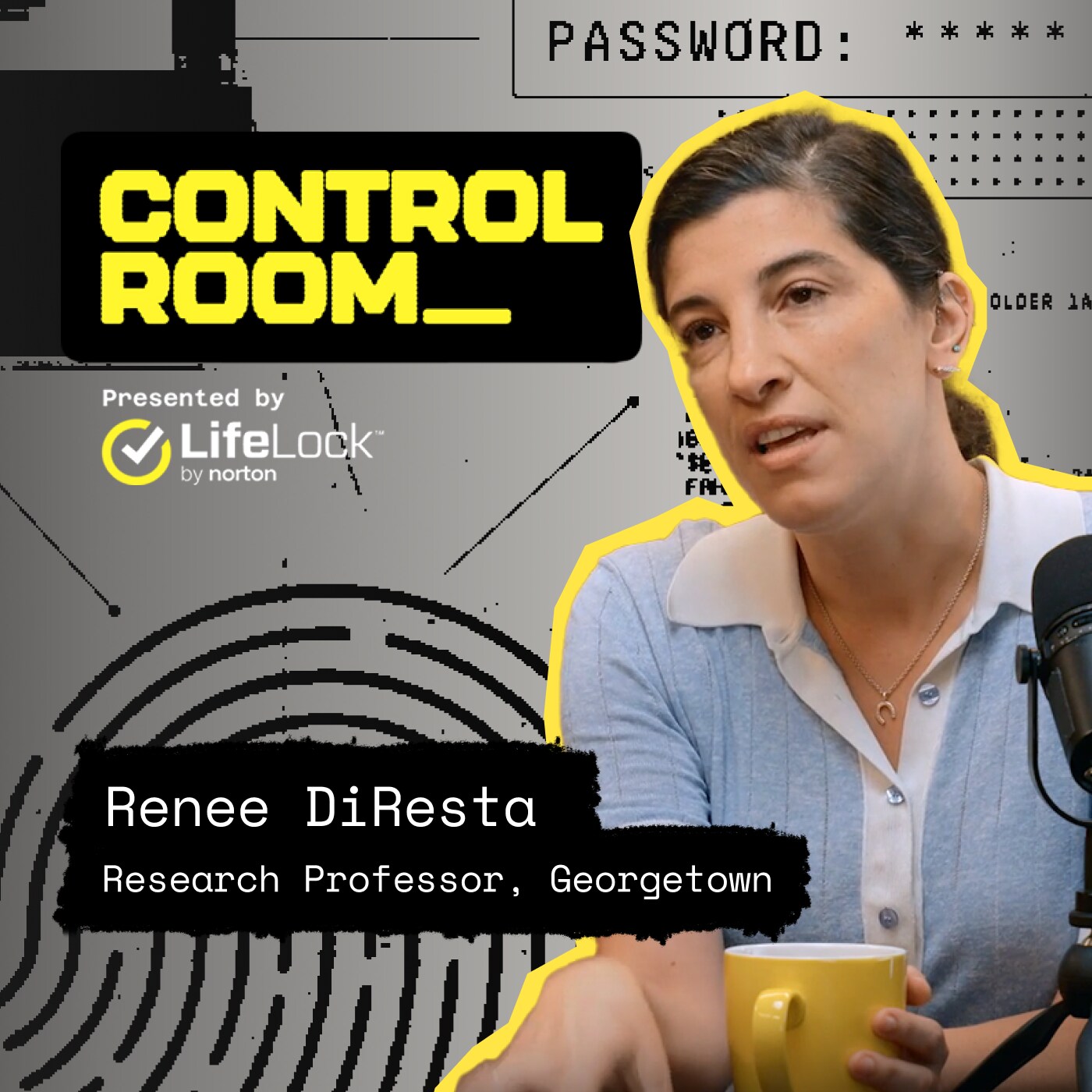AI supercharges the oldest hack of deception
Social engineering has always been about one thing—trust. AI just made it faster, cheaper, and more convincing.
Deepfakes—synthetic voices, faces, and videos—exploit the emotions that drive us: authority, urgency, fear, and hope. And thanks to consumer-grade tools, anyone with $20 and an internet connection can now clone a voice, fake a video, or forge an image realistic enough to pass on a phone screen. Control Room guest Tyler Grey explains how you can become aware of the threats that are out there to help keep your information safe.
Watch the full Control Room episode on YouTube to learn more.
From scholar to strategist: rethinking human risk
Perry’s path to cybersecurity started far from the digital world—with biblical languages and philosophy. That curiosity about human nature eventually led him to tech roles at J.B. Hunt, Walmart, and Alltel (now Verizon), and ultimately to the creation of Human Risk Management (HRM)—a discipline that fuses behavioral science with cybersecurity.
HRM challenges the old idea that “awareness” alone keeps people safe. Instead, it focuses on shaping behavior through cognitive science, emotional triggers, and practical guardrails.
From scams to self-defense
AI-powered deception now touches every part of life—romance scams built on cloned voices, fake videos used for blackmail, forged CEO calls pushing “urgent” payments, and viral hoaxes that can move markets in minutes. The emotions behind them—fear, trust, and urgency—are timeless. AI just made them faster and more convincing.
Detection tools can’t keep up, so your best defense isn’t sharper eyes—it’s slower reactions. When something triggers emotion, pause. Ask yourself: What does this want me to do, and who benefits if I act? That moment of skepticism can be what protects you.
If a fake version of you appears online, act fast but stay grounded: report it, alert others, involve law enforcement if needed, and control the narrative before panic spreads.
Ultimately, protection comes down to human behavior. Build friction into your responses—verify through known channels, use dual approvals, and teach family members simple habits like code words and “no rush” rules.
Catch the full episode on our YouTube channel to learn more.
Watch a new episode of Control Room every week
New episodes of Control Room drops every Wednesday at 5 p.m. ET / 2 p.m. PT on the LifeLock YouTube channel, where we break down the latest scams and how to protect your identity. We'll be pausing a new episode release the week of Thanksgiving, but you can catch the next one the following Wednesday as we continue our regular weekly schedule. Watch now!
Editor’s note: Our articles provide educational information. LifeLock offerings may not cover or protect against every type of crime, fraud, or threat we write about.
Start your protection,
enroll in minutes.
LifeLock is part of Gen – a global company with a family of trusted brands.
Copyright © 2026 Gen Digital Inc. All rights reserved. Gen trademarks or registered trademarks are property of Gen Digital Inc. or its affiliates. Firefox is a trademark of Mozilla Foundation. Android, Google Chrome, Google Play and the Google Play logo are trademarks of Google, LLC. Mac, iPhone, iPad, Apple and the Apple logo are trademarks of Apple Inc., registered in the U.S. and other countries. App Store is a service mark of Apple Inc. Alexa and all related logos are trademarks of Amazon.com, Inc. or its affiliates. Microsoft and the Window logo are trademarks of Microsoft Corporation in the U.S. and other countries. The Android robot is reproduced or modified from work created and shared by Google and used according to terms described in the Creative Commons 3.0 Attribution License. Other names may be trademarks of their respective owners.





